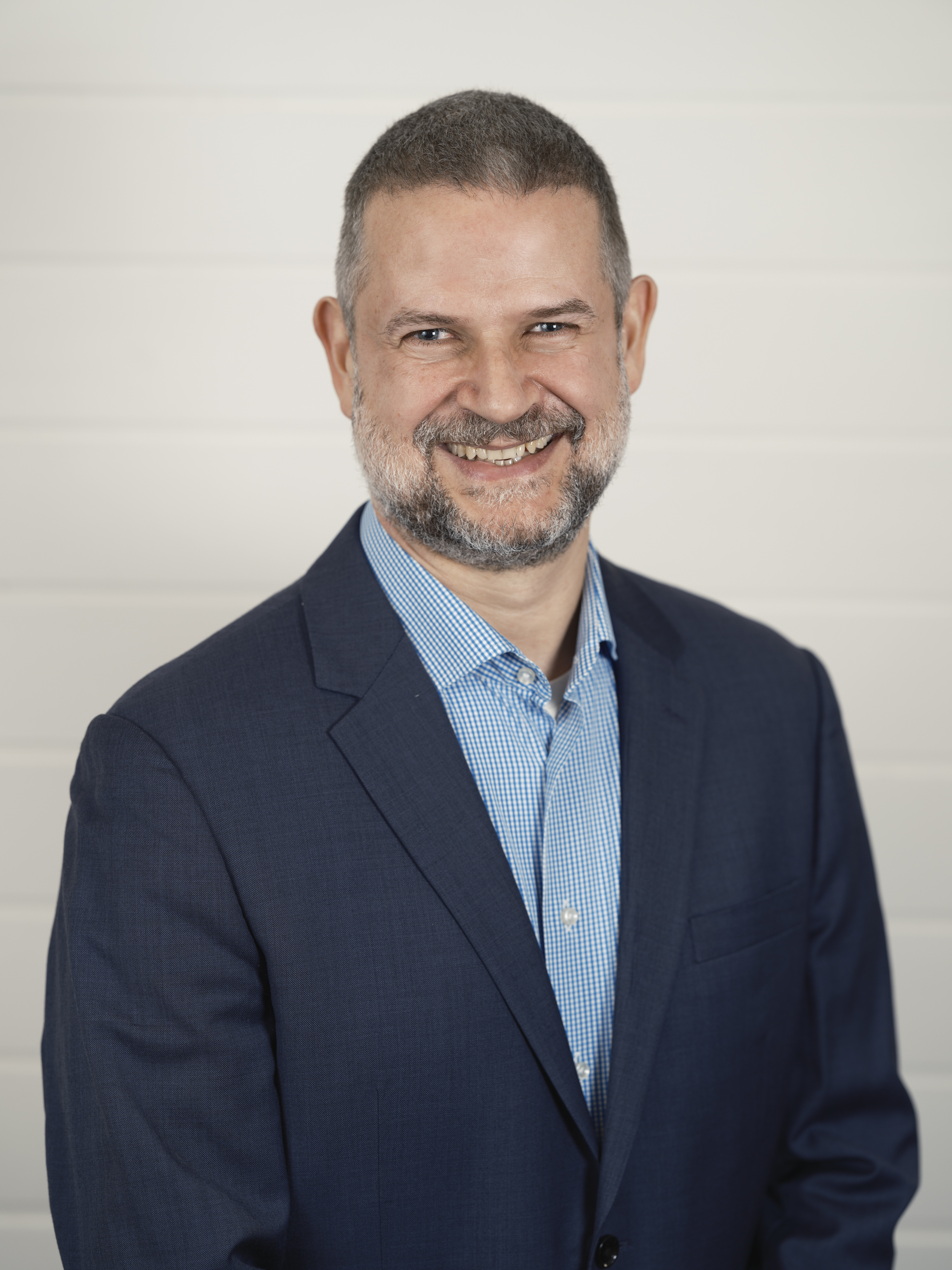Throughout the EMC you will learn to identify your own blind spots and maladaptive scripts that stop you from performing on another level.
Peter Klugsberger

Can you tell us a little bit about your personal and professional background?
I’ve lived and worked in more than ten different countries, having built a successful first career in managing and turning around hospitality operations. I then switched industries and got into the mystical world of management consulting where I’ve worked for a number of top-tier organisations, including McKinsey and Partners in Performance.
Having successfully delivered numerous high-profile, large-scale, transformation projects as a Senior Implementation Specialist for some of these top-tier firms, I decided to seize upon an unmet market need for a new type of bespoke leadership capability building programme that targets C-level leadership teams and equips them with the highest-order capabilities.
What makes my coaching and consulting work fairly unique in the Australian market is that I follow a multi-disciplinary approach, selectively combining various knowledge domains of psychology, behavioural economics, and anthropology with the road-tested ‘best practice’ thought leadership and frameworks of MBB consulting firms.
What made you decide to pursue the EMC at INSEAD?
After doing extensive research it became pretty clear to me early on that the EMC was the only programme in the market that would equip me with the type of cutting-edge knowledge to complement my existing consulting and transformation experience – in a way, it provided some ‘missing pieces of the puzzle’.
I was first alerted to the EMC programme by a chance encounter and then several years later, I had another epiphany during a sales presentation of the consulting firm I was working with.
According to the firm’s internal research, around 70% of transformation or change initiatives failed because leaders and the people involved in the change did not support it. What stuck with me was the fact that the failure was not due to not having a plan, nor sufficient resources, or access to the right technologies, but due to the ‘soft stuff’.
For me, this insight was a game-changing moment. Even more surprising, I discovered that although this data came from one of the leading consulting firms, the tools or frameworks targeting the ‘human element’ were few and far between.
It was then that I realised that for any change or transformation to succeed one needs to equally consider two key components: one is the rational plan which defines or quantifies the improvement opportunity to be seized upon, and the other is to secure true human engagement, which is a lot harder to achieve than it sounds.
I immediately knew I was on to something special and decided to pursue my hunch and find a way to develop new methodologies and tools to tackle the human element in the change.
At the same time, I had a track record of building successful high-performing teams for clients also continued to receive feedback from superiors and peers that I had quite distinct people skills. I wanted to figure out how to codify this so that I could teach these skills to others.
Embarking on the EMC was a fantastic opportunity to complement my existing business knowledge and consulting experience with a new skillset to elevate transformation projects to a whole new level.
It’s been three years since your graduation. Could you share some examples of new insights or tools that you have gained through the EMC and how you’ve been able to implement them in your professional life?
I’d like to share a situation that I faced when rolling out a new cultural change project at a global mining client.
In our initial discussions, the CEO shared the objective of the initiative which was to “create 70,000 problem-solvers” in the company. Instinctively I raised my hand and said ‘I think that's the wrong objective for you to pursue. We can teach anybody to solve problems, but the real challenge is, how do we create 70,000 people who actually want to solve problems?’.
It may sound like splitting hairs, or a very fine deviation from the original proposition, but this nuance in how we formulated the objective turned out to change the whole trajectory of how the plan was rolled out – including how the initiative was communicated, what the messaging was and how it was delivered to the people.
Another example of the power of the human-centered approach to change that comes to mind required me to coach four different work streams in the 'new way of working'. What traditional change blueprints ignore in a typical implementation is the pre-existing culture of each team – however, I knew this would be absolutely crucial in delivering lasting change.
What I discovered was that workstream #1 had a toxic leader, #2 had gone through five leaders in a two-year period, #3 had an absent leader who was on parental leave, and #4 was not interested in the change but pretended to go along anyway without the intention to ever using the new way of working.
The tools and insights gained through the EMC allowed me to custom tailor and implement a mitigating strategy for each of these work streams that then resulted in a significant uplift in the adoption rate (that was validated by external auditors).
Without the EMC toolkit, the change initiative would have just gone through the motions and ticked the boxes - such as for 'having conducted the training' etc. - but this would not have resulted in any sustainable adoption of the new ways of working.
On a more general note, the EMC thesis also enabled me to research and develop my own consulting and coaching proprietary system that I use in my client work today.
Lastly, what advice do you have for people out there who may be currently reading about the programme or considering whether this is the right programme for them?
From my personal perspective, especially if you have a previous background in consulting, then this programme is unique in the market, and will provide exponential benefits.
You already know about the rational side of change, and the EMC will help you to find the missing pieces of the puzzle in how to bring change to life, which is extremely powerful.
Make no mistake, this is an extremely demanding programme – both academically but also emotionally. It is hard work because you also have to be willing to first apply all the tools on yourself and only then to apply them to organisational settings. Throughout the EMC you will learn to identify your own blind spots and maladaptive scripts that stop you from performing on another level.
Suddenly, you discover certain behaviours which, upon further insight, have been really limiting you all along. In my case, I felt these things quite deeply and asked myself ‘Holy smokes, how was it that I couldn't see that myself? How much damage did that do to my career in the past?’
But once you overcome these initial shocks you will be able to reap benefits for yourself and your clients that are potentially life-changing and unique in the marketplace.




